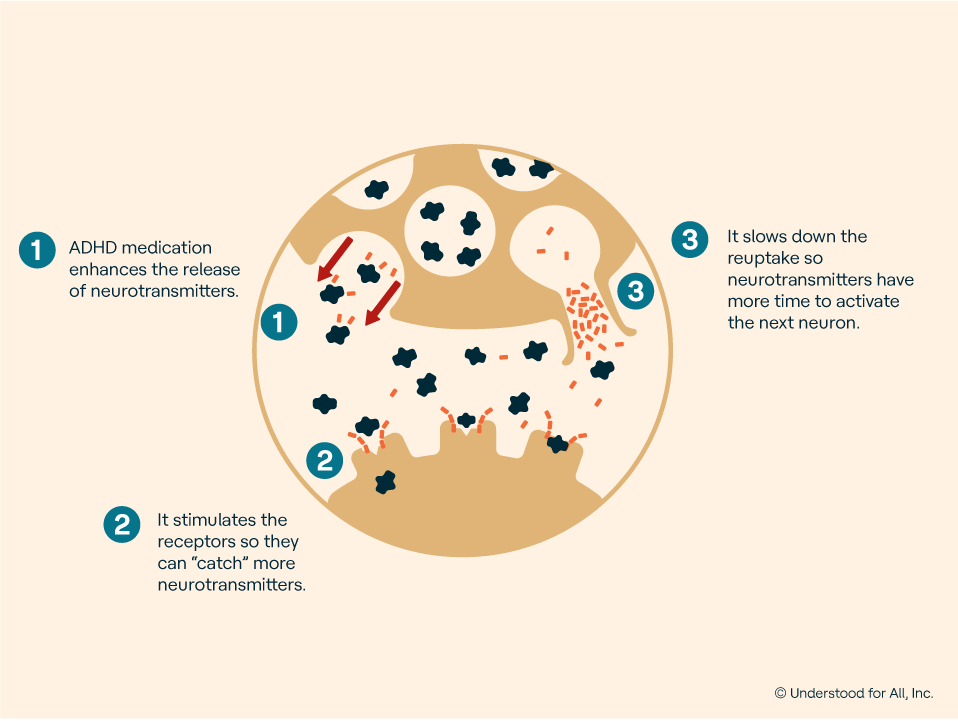Therapist for ADHD Experts Providing Targeted Care
Therapist for ADHD Experts Providing Targeted Care
Blog Article
Your Guide to Discovering the Right ADHD Therapy for Enduring Results
Browsing the complexities of ADHD therapy calls for a nuanced understanding of both the problem and the myriad options available for efficient monitoring. It is important to identify that what benefit one person might not always generate the exact same outcomes for another. Hence, a customized method-- incorporating specialist advice, medicine, behavioral strategies, and way of life modifications-- comes to be critical. Nevertheless, the trip towards identifying one of the most appropriate treatment plan can be laden with difficulties. What are the essential factors that affect effective outcomes, and just how can individuals ensure they get on the right course?
Recognizing ADHD and Its Impact

In grownups, ADHD can cause obstacles in work environment atmospheres, affecting performance, time monitoring, and interpersonal connections. Typically, undiagnosed or improperly managed ADHD can add to co-occurring psychological health issues, such as anxiousness and depression, further making complex an individual's overall health.
The social assumption of ADHD can vary, causing preconception and misconception, which might impede people from looking for aid. As recognition grows, it is necessary to cultivate an environment that promotes understanding and assistance for those affected by ADHD, emphasizing the need for precise medical diagnosis and customized methods to alleviate its impact on day-to-day life.
Summary of Therapy Options
A detailed strategy to treating ADHD incorporates a variety of options tailored to the individual's distinct requirements. These options can generally be classified right into behavioral interventions, psychoeducation, and way of life modifications, alongside medicinal treatments that may be explored later on.
Behavioral treatments, such as cognitive-behavioral therapy (CBT), concentrate on changing certain actions and developing coping strategies to handle symptoms properly. Psychoeducation plays a critical duty in empowering both individuals and their family members by supplying information about ADHD, its obstacles, and reliable approaches for support.
Lifestyle adjustments can considerably influence ADHD monitoring. Regular exercise, a well balanced diet plan, and appropriate sleep add to general well-being and symptom control. Mindfulness practices and leisure strategies can additionally improve emphasis and decrease impulsivity.
Support groups and family therapy can foster a sense of area and understanding, helping people really feel less separated in their experiences. Each therapy choice must be considered in conjunction with the individual's choices and circumstances, making sure a holistic strategy that advertises lasting success. Ultimately, the objective is to develop an individualized treatment strategy that resolves the specific challenges related to ADHD while enhancing general high quality of life.
Medicine: Benefits And Drawbacks
Drug plays an essential role in the treatment of ADHD, with various alternatives offered that can significantly ease signs and symptoms for several youth and family counseling individuals. Energizers, such as methylphenidate and amphetamines, are frequently suggested and have shown efficiency in boosting emphasis, decreasing impulsivity, and boosting overall habits. These drugs work by increasing dopamine and norepinephrine degrees in the brain, which are frequently dysregulated in those with ADHD.
Nonetheless, using drug is not without its obstacles. Some individuals may experience negative effects, including sleeping disorders, decreased appetite, or increased anxiousness. Discovering the appropriate dose can be an experimental process, requiring close surveillance by healthcare professionals. In addition, not all patients react to stimulant medicines, leading some to explore non-stimulant options, which might have a postponed onset of action or various negative effects.
It is vital for individuals and their family members to evaluate these pros and disadvantages thoroughly. Balancing the advantages of signs and symptom monitoring against possible side results is essential for achieving optimal therapy end results. Cooperation with doctor can facilitate enlightened choices, making sure that medication is part of a thorough ADHD management strategy.
Behavior Treatment Methods

One commonly utilized technique is Cognitive Behavioral Treatment (CBT), which assists people determine and change negative thought patterns that add to ADHD-related obstacles. Therapist for ADHD. Via CBT, customers discover to set reasonable goals, take care of time properly, and establish business systems
An additional effective technique is Parent Management Training (PMT), which educates moms and dads on just how to strengthen favorable habits and decrease negative ones through regular self-control and interaction techniques. This approach cultivates a supportive home environment that urges behavioral enhancements.
Social abilities training is likewise integral, assisting individuals with ADHD browse social interactions more efficiently. Role-playing and modeling ideal actions can enhance social competence and minimize stress and anxiety in social situations.
Lifestyle Modifications for Better Administration
Exactly how can way of living adjustments significantly boost the administration of ADHD signs and symptoms? Applying critical lifestyle alterations can result in significant renovations in focus, organization, and psychological policy for people with ADHD.
First of all, developing an organized day-to-day regimen aids in developing predictability, which can ease sensations of bewilder. Regular routines for meals, study, and rest can improve day-to-day functioning.
Incorporating routine exercise is also essential, as workout has been shown to boost dopamine degrees, boosting interest and inspiration (Therapist for ADHD). Going for at least 30 try here minutes of modest workout most days can be valuable
Nutrition plays a crucial function too. A balanced diet plan abundant in omega-3 fatty acids, whole grains, and healthy protein can sustain cognitive feature. Restricting refined sugars and caffeine might reduce signs and symptoms, as these can cause power accidents and irritability.
Final Thought
In conclusion, discovering the right ADHD treatment necessitates a multifaceted technique that considers private needs and preferences. Collaboration with healthcare professionals and open communication with assistance networks are necessary components in browsing the complexities of ADHD administration, ultimately leading to lasting outcomes and improved high quality of life.
Report this page